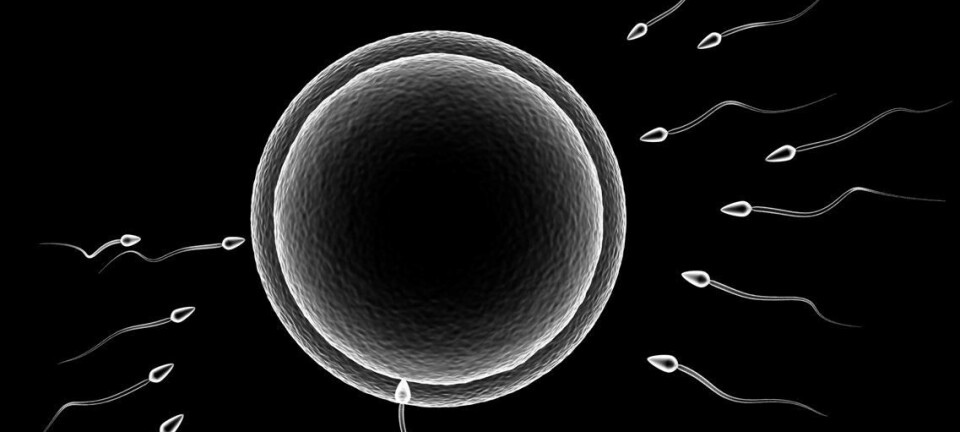
Redheads feel a different kind of pain
Redheads are more sensitive to some kinds of pain and less sensitive to others. The explanation for these differences could be found in their genetic makeup.
Perhaps you think that your girlfriend is a whiner when she complains about touching snow?
Or that she must be insensitive when she doesn't seem to mind ferociously hot curry sauce that sets your mouth on fire?
Take a closer look at her hair colour. It's probably red.
A range of differences
An increasing number of studies show that redheads are differently constituted in terms of pain perception and body reactions. Research reveals that redheads:

- are more sensitive to cold
- are less responsive to subcutaneously administered anaesthetics [under the skin]
- suffer more from toothaches and are more frightened of dentists
- are at greater risk of developing sclerosis and endometriosis
Some studies indicate that redheads are more prone to illness because they prefer to keep out of the sun and so lack vitamin D, or because their ability to absorb the vitamin is less efficient.
A persistent rumour has also circulated about surgeons being reluctant to perform surgery on redheads because they are said to bleed more.
But this myth was recently exploded by a recent study, which showed that redheads are no different to anyone else in this respect.
Surprisingly tough
In other respects, however, redheads turn out to be tougher than other people.
Research has produced evidence that redheads are less sensitive to stinging pain in the skin.
This was shown in tests where capsaicin, the active substance in chilli, was injected into the skin to produce pain.
"Our tests showed that redheads are less sensitive to this particular type of pain. They react less to pressure close to the injected area, or to a pinprick. They seem to be a bit better protected, and that is a really interesting finding," says Professor Lars Arendt-Nielsen of the Center for Sensory-Motor Interaction at Aalborg University.
Genetic clues
Research into the way redheads react to various substances and stimuli has produced a catalogue of differences that defies easy explanation.
They are more affected by some things and less by others.
This has led scientists to theorise that the cause of these differences is likely to be something fundamental: redheads may possess a 'redhead' gene.
Research in mice has shown that female mice with genes similar to redheaded people are easier to treat successfully with certain drugs.
The focus of the animal studies was the receptor gene MC1R, which is responsible for producing the brown skin pigment melanin; redheads have a variant of this gene which does not produce melanin.
The question is whether there are other consequences, since there are indications that the gene is associated with the central nervous system.
"It seems that MCR1 is involved in central functions in the brain, and we know that subgroups like MC2R, MC3R and MC4R, which are also linked to redheads, have considerable involvement in brain functions. This could be the key to explaining why redheads are a little different to other people," says Arendt-Nielsen.
------------------------------
Read this article in Danish at videnskab.dk
Translated by: Nigel Mander
Scientific links
- Pain sensitivity and experimentally induced sensitization in red haired women
- Red for danger: the effects of red hair in surgical practice
- Genetic Variations Associated With Red Hair Color and Fear of Dental Pain, Anxiety Regarding Dental Care and Avoidance of Dental Care
- Melanocortin 1 receptor and risk of cutaneous melanoma: a meta-analysis and estimates of population burden.
- Natural hair color and the incidence of endometriosis
- Increased sensitivity to thermal pain and reduced subcutaneous lidocaine efficacy in redheads.
- Melanocortin-1 receptor gene variants affect pain and mu-opioid analgesia in mice and humans.
- Anesthetic Requirement Is Increased in Redheads
- The Relation Between Melanocortin 1 Receptor Genotype and Experimentally Assessed Ultraviolet Radiation Sensitivity







